Topics
Category
Era
Countryman, Gratia Alta (1866–1953)
In June 1922, the Minneapolis Public Library book wagon made its first trip from Minneapolis to Excelsior, a small village on Lake Minnetonka. Riding aboard the book wagon was Gratia Countryman, the library system's visionary director.
Born in Hastings, Countryman moved to Minneapolis with her parents, her sister, and two adult relatives in 1884, when she enrolled at the University of Minnesota. She joined the Minneapolis Public Library staff in 1889, just after her graduation from the university. As she worked her way up through the ranks at the library, she led a successful campaign for legislative support of public libraries throughout Minnesota.
By the time she was named the library's third director, in 1904, Countryman had forged a reputation as an effective leader who worked tirelessly to expand the library's services. "How to reach the busy men and women, how to carry wholesome and enjoyable books to the far-away corners of the city, how to enlist the tired factory girls...these are some of the things which I conceive to be my duty for study, if I would help this public library to become what it is for," she wrote in her 1905 annual report.
Through Countryman's efforts, collections and reading rooms were carved out in Minneapolis fire halls, factories, and hospitals. She established an open-air reading area in Gateway Park at Hennepin and Nicollet and introduced the nation's first children's reading room at the main library. She also understood the importance of the library in the lives of immigrants. By 1914, the collection included books in twenty languages, and both the main library and the branches offered services for those who sought US citizenship.
In 1934, Countryman was elected president of the American Library Association. It was the worst of times for the nation's libraries—Depression-era budgets were being slashed everywhere. With characteristic determination, though, Countryman enlisted her 200,000 library patrons in a campaign for county and state support that would become a national model.
The following year, the Minneapolis Journal summed up her efforts: "Minneapolis loves and honors Gratia Countryman most because she traveled and tramped its streets in the early days to study the reading needs of each of its little outlying districts; because she has had thought for the bedbound, the povertybound, the trouble-bound, and has offered them her greatest solace, books; because she has believed and still believes that taking books to people who need them is her job; because she does that job with the sympathetic understanding which makes a book a benediction."
Bibliography
Benidt, Bruce Weir. The Library Book: Centennial History of the Minneapolis Public Library. Minneapolis Public Library and Information Center, 1984.
Pejsa, Jane. Gratia Countryman: Her Life, Her Loves and Her Library. Minneapolis: Nodin Press, 1995.
Stuhler, Barbara, and Gretchen Kreuter, eds. Women of Minnesota: Selected Biographical Essays. St. Paul: Minnesota Historical Society Press, 1998.
Related Resources
Primary
Gratia A. Countryman and Family Papers, 1861–1953
Manuscript Collection, Minnesota Historical Society, St. Paul
Description: Correspondence, speeches, diaries, and other papers of Gratia Countryman, as well as some materials relating to her family.
https://storage.googleapis.com/mnhs-finding-aids-public/library/findaids/01305.html
Countryman, Gratia A. "Early History of the Minnesota Library Association, 1891-1900." Minnesota Libraries 13, no. 11 (September 1942): 322–326.
———. Library Work as a Profession. Minneapolis: Woman's Occupational Bureau, 1930.
Secondary
Roberts, Kate. Minnesota 150: The People, Places, and Things that Shape Our State. St. Paul: Minnesota Historical Society Press, 2007.
Shaw, Robert MacGregor. "Gratia's Letters." Hennepin History 65, no. 1 (Winter 2006): [32]–34.
Web
The Minnesota Historical Society. Minnesota Communities. Gratia Countryman.
http://www.mnhs.org/school/online/communities/people/people_gratia_countryman.php
Minnesota Historical Society. Placeography. Gratia Countryman House.
http://www.placeography.org/index.php/Gratia_Countryman_House,_4726_Fremont_Avenue_South,_Minneapolis
Related Video
Women in Minneapolis History: Gratia Countryman
All rights reserved
Holding Location
More Information
Articles
Related Images
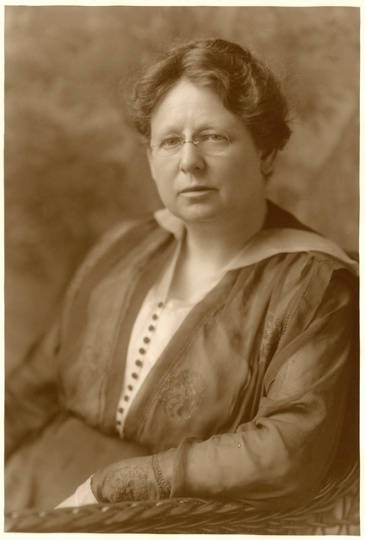
Gratia Alta Countryman
Public domain
Holding Location
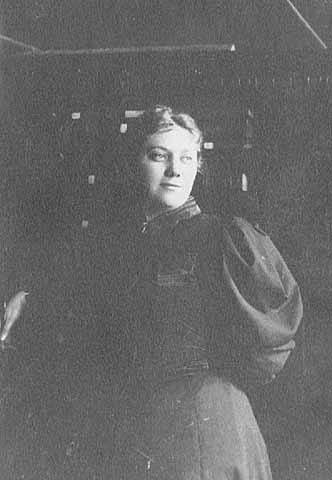
Gratia Alta Countryman
Public domain
Holding Location
Articles
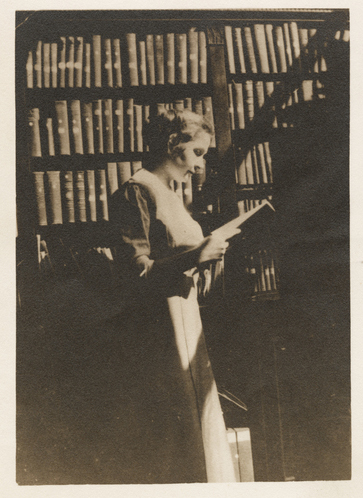
Gratia Countryman, librarian, in library stacks
Public domain
Holding Location
Articles
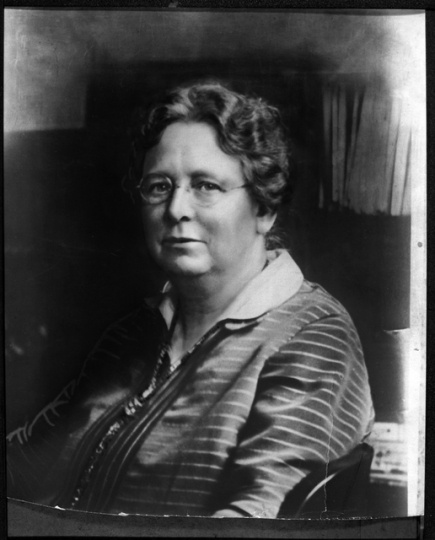
Gratia A. Countryman, head librarian in Minneapolis
Holding Location
Articles
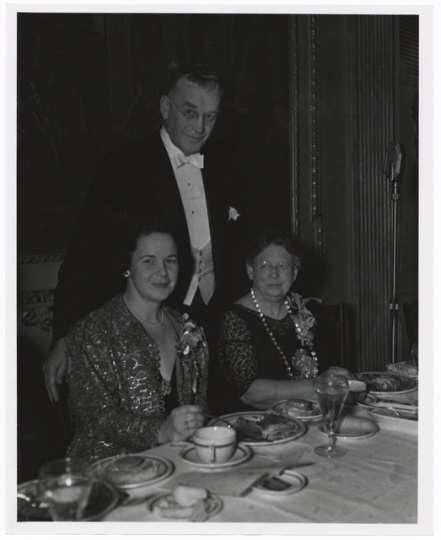
Gratia Alta Countryman
Holding Location
Articles
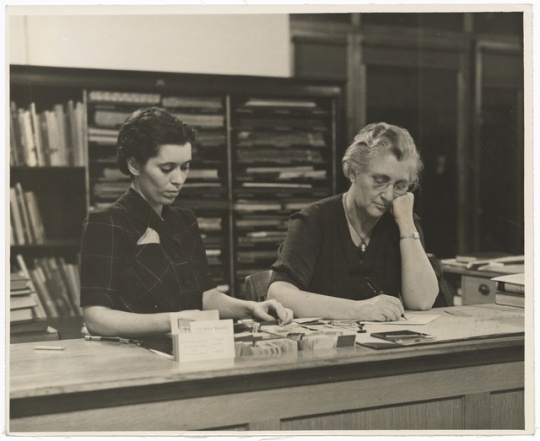
Gratia A. Countryman at desk in Minneapolis Public Library
Holding Location
Articles
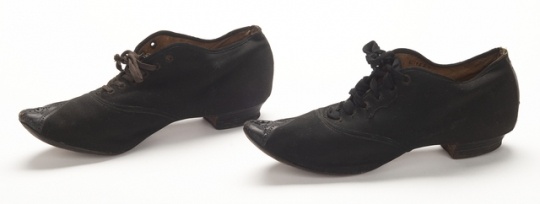
Shoes worn by Gratia Alta Countryman
Holding Location
Articles
More Information
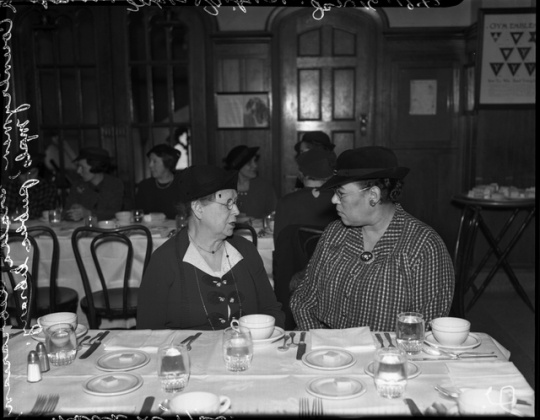
Gratia Alta Countryman at a luncheon
Articles
More Information
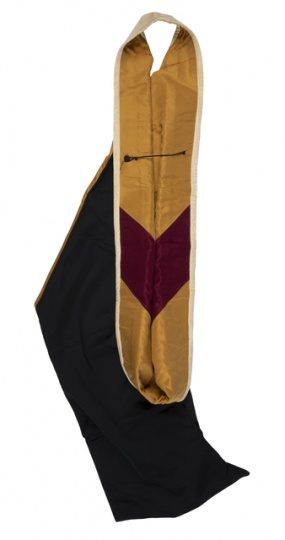
Academic hood presented to Gratia Alta Countryman
Holding Location
Articles
More Information
Turning Point
In 1889, Gratia Countryman joins the staff at the Minneapolis Public Library, where she would work her way up through the ranks and become director.
Chronology
1884
1889
1902
1904
1918
1934
1940
1955
Bibliography
Benidt, Bruce Weir. The Library Book: Centennial History of the Minneapolis Public Library. Minneapolis Public Library and Information Center, 1984.
Pejsa, Jane. Gratia Countryman: Her Life, Her Loves and Her Library. Minneapolis: Nodin Press, 1995.
Stuhler, Barbara, and Gretchen Kreuter, eds. Women of Minnesota: Selected Biographical Essays. St. Paul: Minnesota Historical Society Press, 1998.
Related Resources
Primary
Gratia A. Countryman and Family Papers, 1861–1953
Manuscript Collection, Minnesota Historical Society, St. Paul
Description: Correspondence, speeches, diaries, and other papers of Gratia Countryman, as well as some materials relating to her family.
https://storage.googleapis.com/mnhs-finding-aids-public/library/findaids/01305.html
Countryman, Gratia A. "Early History of the Minnesota Library Association, 1891-1900." Minnesota Libraries 13, no. 11 (September 1942): 322–326.
———. Library Work as a Profession. Minneapolis: Woman's Occupational Bureau, 1930.
Secondary
Roberts, Kate. Minnesota 150: The People, Places, and Things that Shape Our State. St. Paul: Minnesota Historical Society Press, 2007.
Shaw, Robert MacGregor. "Gratia's Letters." Hennepin History 65, no. 1 (Winter 2006): [32]–34.
Web
The Minnesota Historical Society. Minnesota Communities. Gratia Countryman.
http://www.mnhs.org/school/online/communities/people/people_gratia_countryman.php
Minnesota Historical Society. Placeography. Gratia Countryman House.
http://www.placeography.org/index.php/Gratia_Countryman_House,_4726_Fremont_Avenue_South,_Minneapolis











